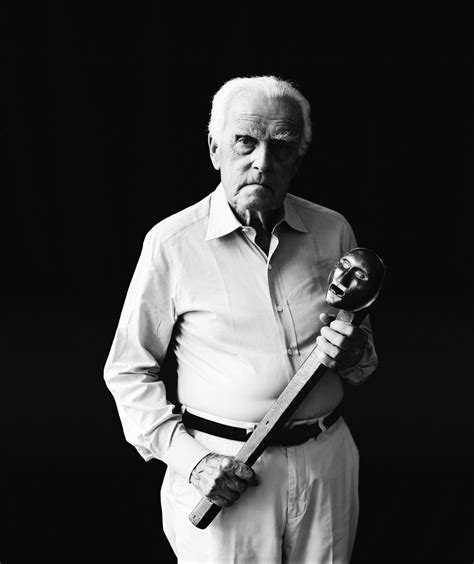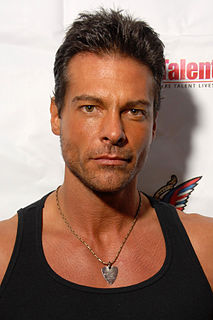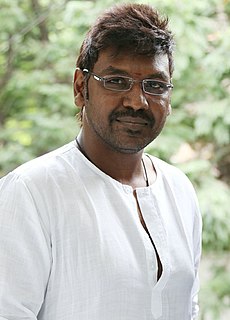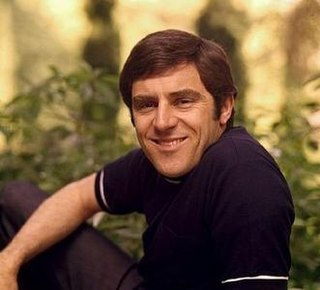A Quote by Quentin Tarantino
In the '50s, audiences accepted a level of artifice that the audiences in 1966 would chuckle at. And the audiences of 1978 would chuckle at what the audience of 1966 said was okay, too. The trick is to try to be way ahead of that curve, so they're not chuckling at your movies 20 years down the line.
Related Quotes
If it's too much for people, if audiences don't accept it, well I guess that's just the way it is. I'm not being cavalier when it comes to my financial partners, but I think I've earned the right to do my thing my way. While I really want it to do well and it would be lovely if it's popular, movies are for a long time. I'm really proud of the piece. If it ends up not connecting with audiences, I won't be heartbroken. I'll be a little disappointed, but I won't be heartbroken.
If you address yourself to an audience, you accept at the outset the basic premises that unite the audience. You put on the audience, repeating cliches familiar to it. But artists don't address themselves to audiences; they create audiences. The artist talks to himself out loud. If what he has to say is significant, others hear & are affected.
Minimalism seems closest to the sophisticated storytelling of movies. Movies have really educated contemporary audiences to be the most intelligent, sophisticated audiences in history. We don't any longer need to have the relationship between one scene and the next explained. We will figure it out ourselves.





































